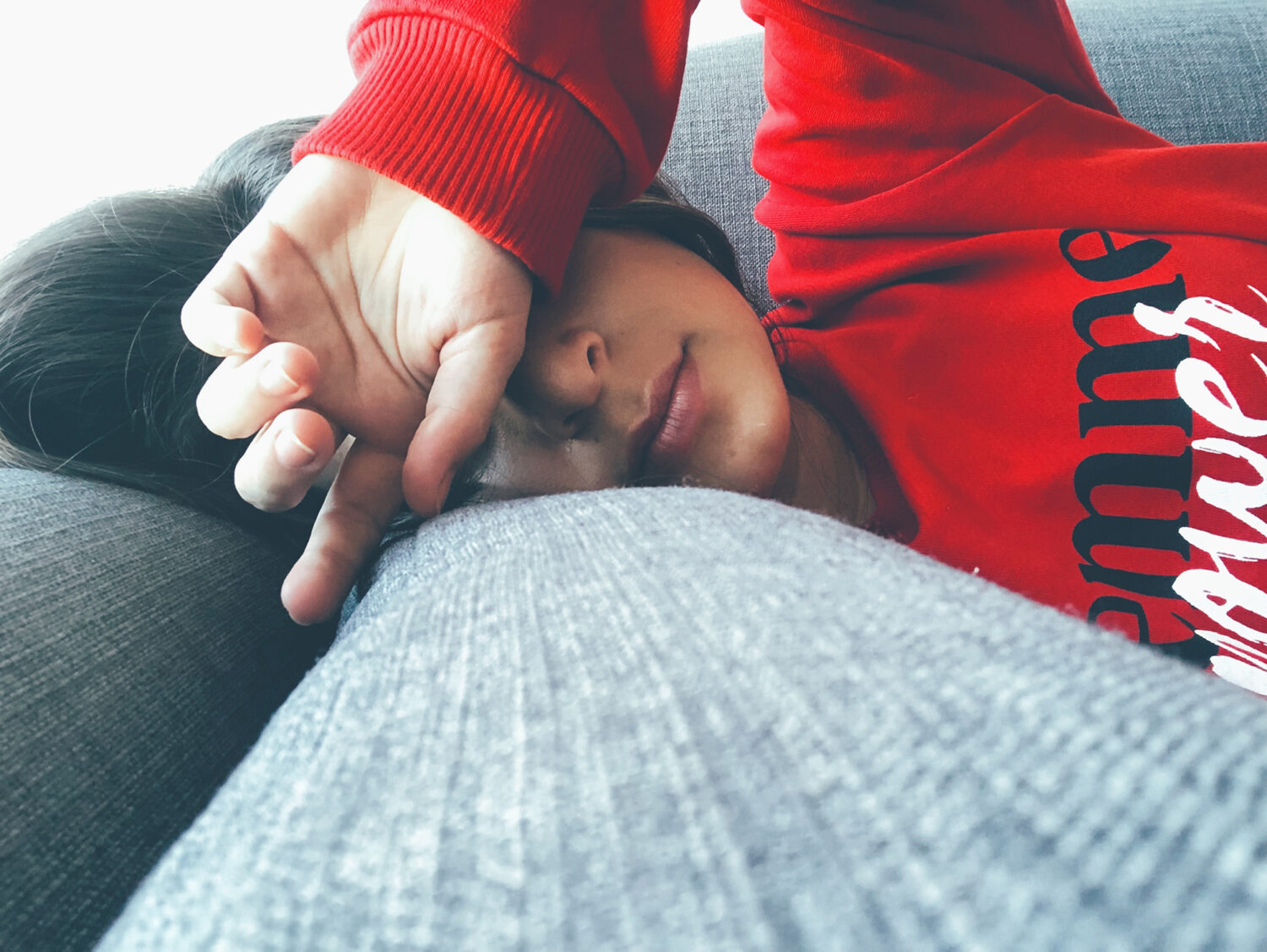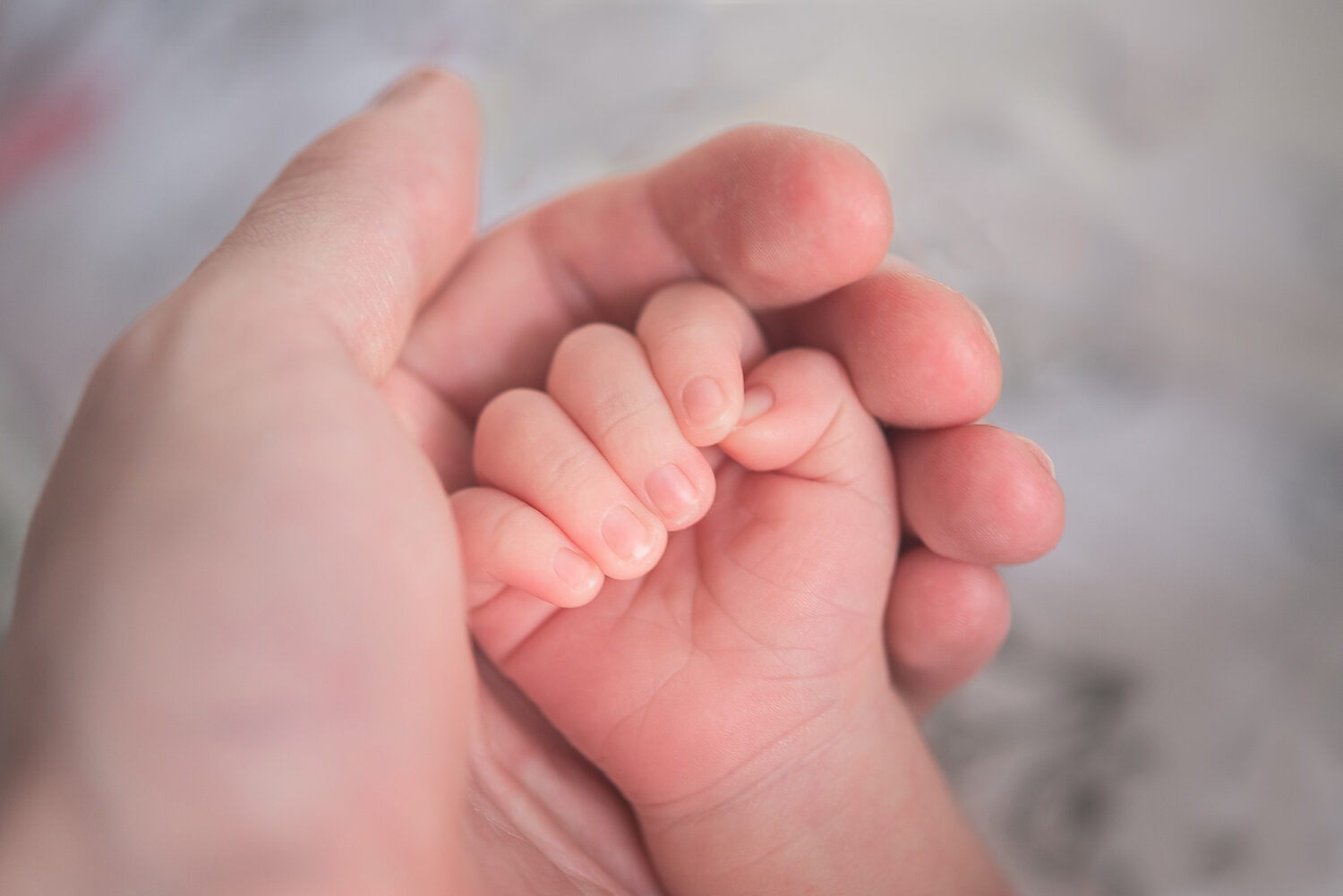STOP SELF-JUDGEMENT. UNDERSTAND AND RECOVER.
Postpartum
Having a baby is one of life’s most joyous milestones. Motherhood comes with many normalized expectations and preconceived notions about postpartum life. This includes being consumed by love or more common stressors like sleep deprivation. Being pregnant and giving birth is one of the most incredible and beautiful things to happen in one’s life. However, there is also another profound truth that is overlooked, underdiagnosed and often “taboo” to talk about.
One of the scariest parts is not understanding what’s happening to you.
Any woman who is pregnant, had a baby in the past several months, miscarried, recently weaned a child from breast feeding, or adopted a child can suffer from something called postpartum depression. While 50% of women experience some symptoms of baby blues after childbirth (feeling tearful, overwhelmed or fatigued which tapers off around 2 weeks postpartum) postpartum depression is much more significant and long lasting.
Know the numbers. You’re not alone.
- 10% – 20% of new moms experience PPD or perinatal depression.
- 50% begin experiencing PPD symptoms during pregnancy.
- 20% of fathers have symptoms of depression during the postpartum period
- 32% of adoptive parents experience signs of postpartum depression

YOU DON'T HAVE TO LOVE THE NEWBORN STAGE
Signs and Symptoms of PPD
Early recognition and treatment of postpartum depression can lead to better symptom management and faster recovery rates. How often postpartum depression symptoms occur, how long they last, and how intense they feel can be different for each person.
Changes In Your Emotions
Changes In Your Everyday Life
Changes In How You Think About Yourself Or Your Baby
GAIN NEW AWARENESS, SKILLS & FREEDOM
WHY Postpartum Depression, Postpartum Anxiety or Postpartum PTSD occur:
There’s no single reason why some develop postpartum depression and others don’t, but a number of interrelated causes contribute to the problem including physical, emotional, biological and lifestyle factors. It could be a combination of many things: sleep deprivation, new responsibilities, lack of time for yourself, financial strain, changes in social relationships or lack of a strong support network, physical changes to your body as well as estrogen and progesterone hormonal and thyroid changes, or experiencing a traumatic pregnancy or birth. We’ll work with you to help you understand contributing factors and triggers.

Holistic Treatment for Couples, Partners, Single Mothers and Single Monthers by Choice
With us you don’t have to act “over-the-moon” with happiness. We’re a safe and affirming space where you can be vulnerable and openly discuss guilt, shame, or fear as we understand PPD and fully recognize you as a good mother. We’re glad you’re seeking the support and treatment you deserve and need.
We will tailor our treatment approach with you based on the nature and severity of your postpartum depression, postpartum anxiety, or postpartum PTSD symptoms. This is temporary and treatable.

Our postpartum counselors can help you:
① Increase Insight
Cope with difficult emotions and reduce shame or embarrassment and improve your understanding of your symptoms and your postpartum transition
② Improve Daily Functioning
Utilize your strengths and create lifestyle changes for improved coping and self-care tools.
③ Build Community
Improve your self-relationship and accept changes to your body. Increase ability to lean on others and cultivate positive social contact to relieve stress faster
④ Make sense of emotion
Understand and reduce the effects of tiggers and symptoms while building confidence and increasing your quality of life.
⑤ Increase Role Transition
We’ll provide psychoeducation for increased enlightenment and adjustment and work to increase your sense of personal agency.
⑥ Marital or Partnership Adjustment
Increase communication, support and understanding in your partnership
